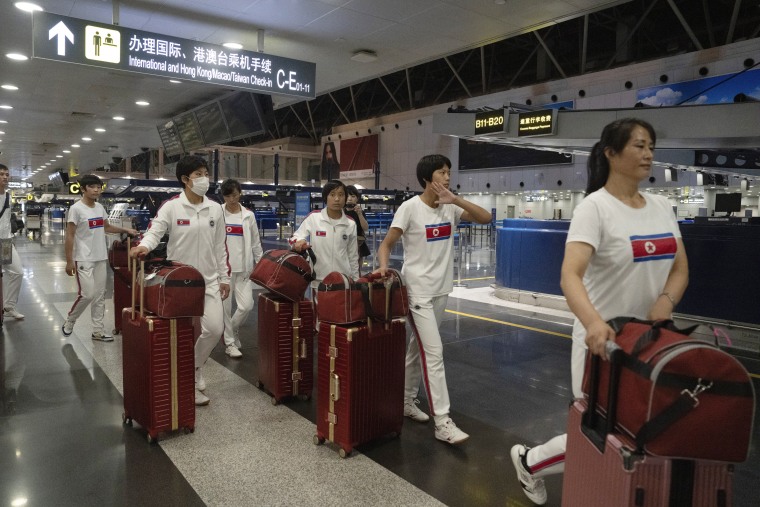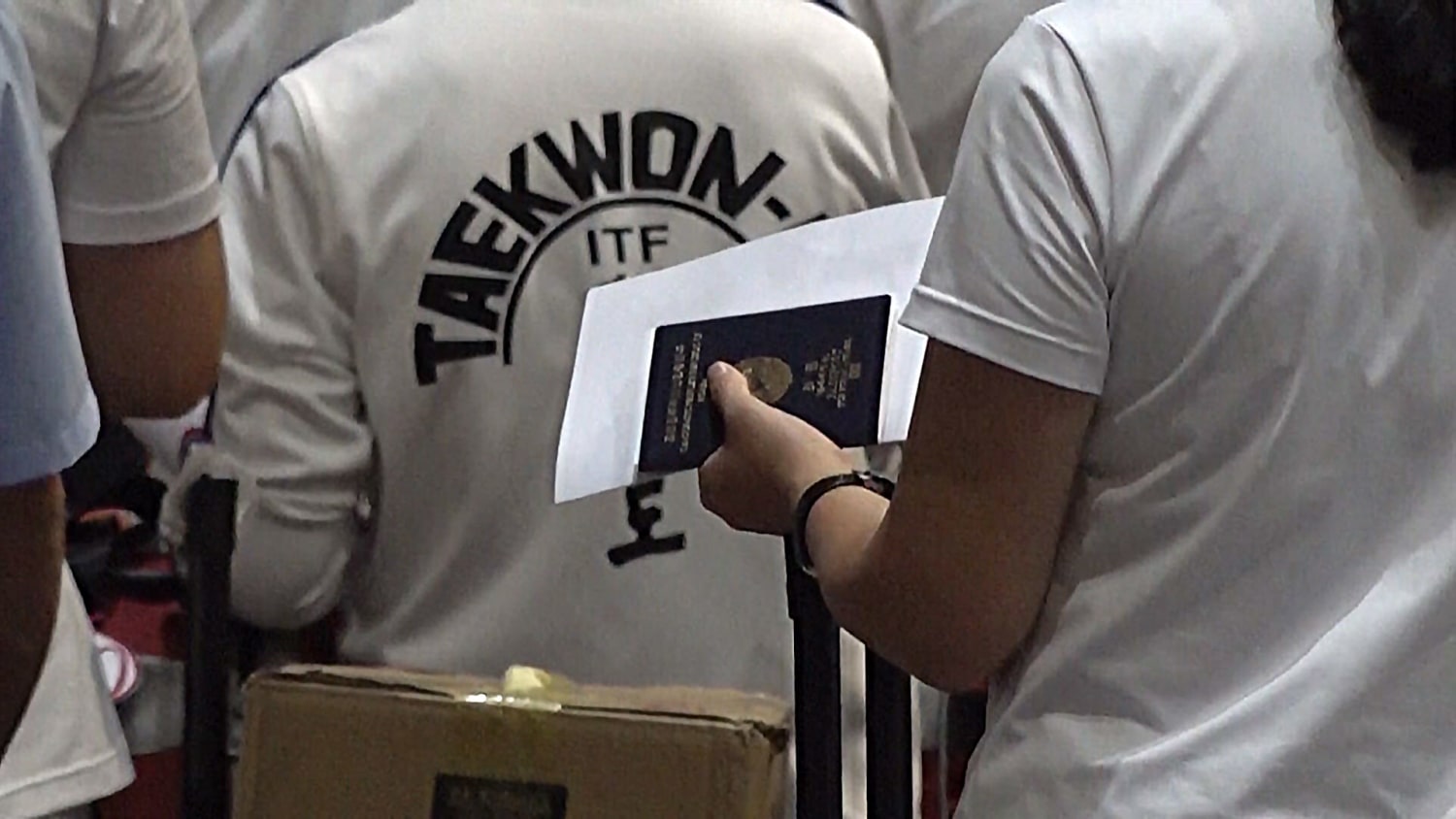North Korea Eases Border Restrictions Allowing Citizens Abroad to Return Home

North Korea Eases Border Restrictions Allowing Citizens Abroad to Return Home
In a significant development, North Korea has announced the reopening of its borders to citizens who were living abroad, following a prolonged three-year period of stringent restrictions due to the global COVID-19 pandemic. This decision, reported by the state media outlet KCNA, marks a pivotal moment for families separated by the pandemic and reflects the nation’s response to the improved worldwide pandemic situation.
The news comes as a beacon of hope for countless families who have been separated for years due to the unprecedented global health crisis. North Korea’s decision to allow its citizens living abroad to return home is seen as a positive step towards normalcy in these challenging times.

Background: A Long Wait Ends
North Korea’s strict border control measures, implemented in response to the COVID-19 pandemic, have had far-reaching consequences for its citizens living abroad. Over the past three years, these measures have effectively isolated North Korea from the rest of the world, making it challenging for its citizens to travel in and out of the country.
The state media, KCNA, reported that the decision to reopen the borders aligns with North Korea’s assessment of the evolving pandemic situation across the globe. With a gradual improvement in global health conditions, the North Korean government has deemed it appropriate to ease the previously imposed anti-epidemic measures.
Reuniting Families: A Heartening Move
The reopening of the borders brings much-needed relief to families who have endured the pain of separation during these trying times. Many North Korean citizens had been stranded in various parts of the world, unable to return to their homeland to be with their loved ones. The announcement by the North Korean government offers a glimmer of hope, allowing families to finally reunite after years of separation.
According to the information provided by KCNA, the citizens returning to North Korea will undergo a mandatory quarantine period upon arrival. This precautionary measure is in line with international health guidelines to ensure the safety and well-being of both the returning citizens and the wider population within North Korea. The quarantine period, which is set to last for a week, demonstrates North Korea’s commitment to maintaining a cautious approach even as it takes steps to reopen its borders.
Global Pandemic Landscape: Shifting Realities
The decision to ease border restrictions comes at a time when many nations around the world are adapting to the changing landscape of the pandemic. With the introduction of vaccines and a collective global effort to curb the spread of the virus, several countries have witnessed a decline in infection rates. This positive trend has prompted governments to reevaluate their containment measures and consider steps toward reopening their borders.
North Korea’s move to allow its citizens abroad to return demonstrates its acknowledgment of the changing dynamics of the pandemic. The nation’s decision is aligned with the broader global trend of adjusting anti-epidemic measures in response to improving conditions. As the situation continues to evolve, governments are tasked with finding a delicate balance between safeguarding public health and facilitating the reconnection of families.
Looking Ahead: A Step Towards Normalcy
As North Korea takes cautious steps to reopen its borders, the world watches with a mix of anticipation and optimism. The decision not only reflects the nation’s dedication to its citizens’ welfare but also showcases its willingness to adapt to the evolving global scenario. While challenges undoubtedly remain, this move holds the potential to pave the way for increased international communication and cooperation.
The reopening of borders is likely to have ripple effects on various aspects of North Korean society, including economic activities, cultural exchanges, and humanitarian efforts. It is anticipated that this decision will play a significant role in gradually reintegrating North Korea into the global community, fostering understanding, and building bridges between nations.

Conclusion: A Step Towards Healing
In a world that has been profoundly impacted by the COVID-19 pandemic, North Korea’s decision to reopen its borders for citizens living abroad serves as a symbol of resilience, hope, and unity. As families are reunited and connections are rekindled, this move transcends political boundaries and highlights the shared humanity that binds us all.
While challenges undoubtedly lie ahead as the nation navigates the complexities of reopening, the power of this decision should not be underestimated. It is a testament to the indomitable spirit of individuals and families who have persevered through separation, and it reflects North Korea’s aspiration for a brighter, more interconnected future. As the borders gradually open, they also open doors to renewed possibilities, renewed relationships, and renewed hope.




